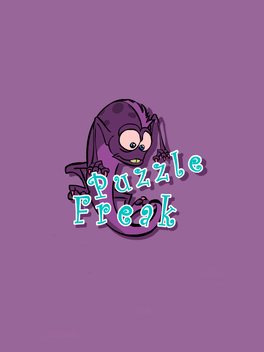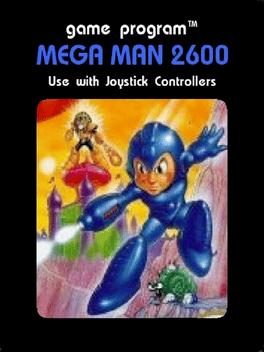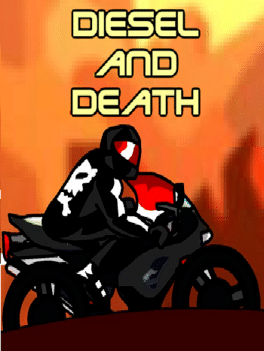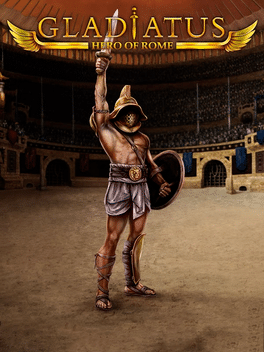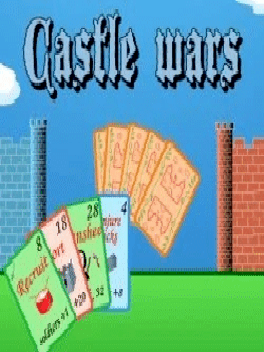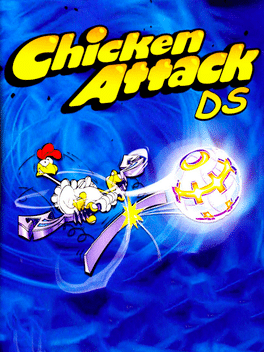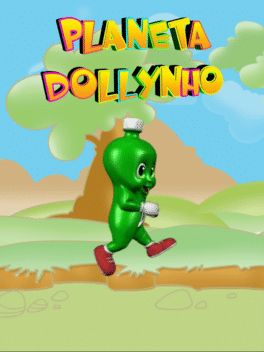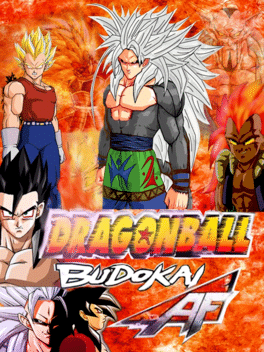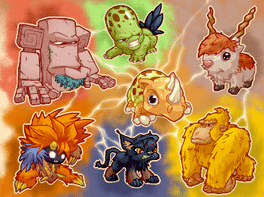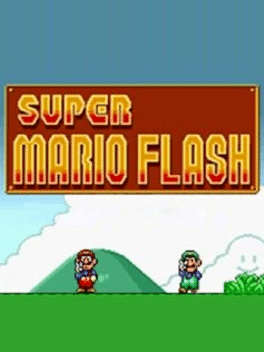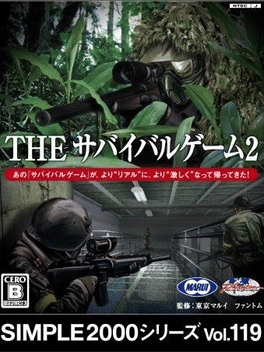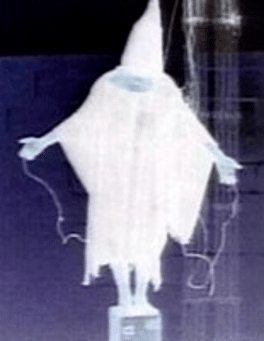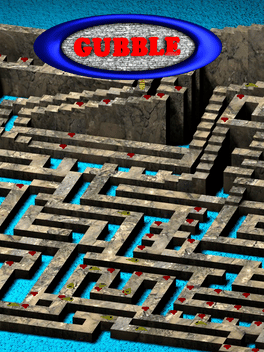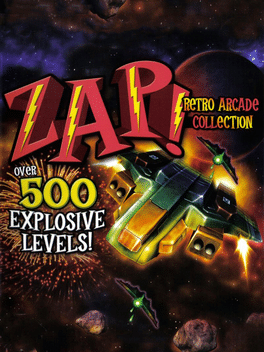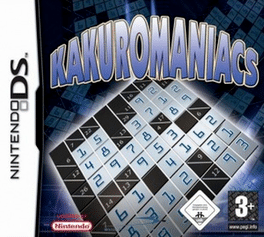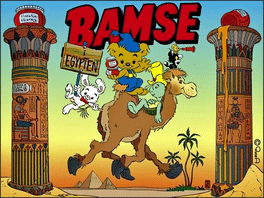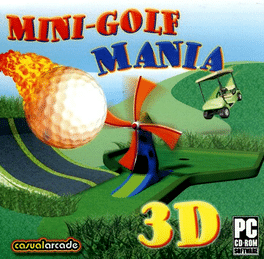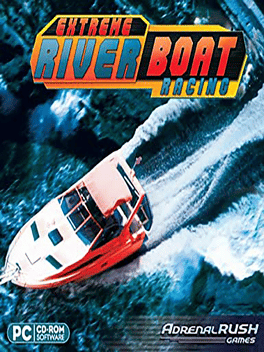New Games - Page 10031
-
Yumsters!
2007
Yumsters!
2007
These adorable hole-dwelling creatures will please everyone. They are mad about fruit and even participate in a world fruit-eating cup. You'll need to gather a team of super-yumsters from different countries to win this competition. -
Puzzle Freak
2007
Puzzle Freak
2007
Roll the dice and land on a puzzle challenge. Complete it and advance to beat the other players/AI. -
Mega Man
2007
-
Diesel and Death
2007
-
Gladiatus
2007
Gladiatus
2007
In the Roman Empire, the player takes the role of a Gladiator to fight in arenas and venture in dungeons to earn the title of hero. The Gladiator's stats and inventory system works in similar ways to Blizzard Entertainment's Diablo. The player may choose to go on expedition to any location of the Italian country and islands and various places within the chosen location. Winning fights in arenas and killing monsters in dungeons earns the player experience as well as gold to purchase better equipment and necessities. -
Castle Wars
2007
Castle Wars
2007
Castlewars is a turn based card game where your goal is to be the first to build a 100 story castle, you also win by destroying your opponents castle. -
Chicken Attack
2007
Chicken Attack
2007
Chicken Attack is a single player, 3-D, top-down, isometric game based loosely on the classic Breakout. It is the sequel to the game Chicken's Revenge. The game features a hen who's out to rescue her chickens which have been captured and imprisoned. To secure their release our heroine fires a ball, 'Breakout style', at everything in her path. This clears the ground uncovers treasure which increases the score, pressure plates that allow her to advance and power-ups that may either help or hinder. All of which, if used carefully, will ultimately enable her to free the chicks. When the last chick has been freed the level is complete. There are three types of game play, normal, easy and timed, in all the objective is to release the chicks and score points. The game is entirely mouse controlled. -
Planeta Dollynho
2007
Planeta Dollynho
2007
Planeta Dollynho is a platformer where the brand's mascot, Dollynho, must navigate a path collecting Dolly's soda bottles at each stage. -
Dragon Ball Budokai AF
2007
Dragon Ball Budokai AF is a mod for Dragon Ball Z: Budokai 3 made by PGV. -
DinoRPG
2007
DinoRPG
2007
DinoRPG was an MMORPG where the player must evolve their Dinoz in a vast, unique world. They can also fight in wars with thousands of other players. -
Super Mario Flash
2007
Super Mario Flash
2007
Super Mario Flash (also known and abbreviated as SMF1) is the first of two online games developed by Pouetpu and released on pouetpu.pbworks.com before the creation of Pouetpu-games site. Super Mario Flash is entirely based off of the Nintendo game "Super Mario Bros.", and also combines several features of different games such "Super Mario Bros. 3". The main feature of this game is that includes a level editor so the players could make their own levels and share it on the forum/site so other players could test them and rate them. -
Rendition
2007
Rendition
2007
Rendition is a 2007 work of interactive fiction by "nespresso", in which the player performs an interrogation of a suspected terrorist. The game describes itself as a "political art experiment in text adventure form". -
Gubble
2007
-
Zap! Retro Arcade Collection
2007
ZAP! is a compilation of eight single player space shooters in the fixed screen genre. The games have all been previously released by Alawar Entertainment, Inc . The games in this compilation are: Alien Outbreak 2: Invasion Back to Earth Back to Earth 2 Crusaders of Space Crusaders of Space 2 Crusaders of Space: Open Range El Airplane Pulsarius The following game is not in the same genre and is included as a bonus game Cubozoid -
Riding Star 3
2007
Riding Star 3
2007
Riding Star 3 is the third installment in the Riding Star Series of horse riding sims. In Riding Star 3 the player has to customize his own avatar and horse. To improve the horse's stats in stamina, jumping and trust, the player needs to practice with the horse in different training stages and nurse the horse in the stable area. Each tournament requires a certain horse level, so the player must keep his attention to the horse's stats through the whole game. -
Kakuromaniacs
2007
Kakuromaniacs
2007
Kakuromaniacs is a Puzzle game, developed by FrontLine Studios and published by White Park Bay, which was released in Europe in 2007. -
Bamse i Egypten
2007
-
Mini Golf Mania
2007
Mini Golf Mania
2007
Mini Golf Mania is a mini golf simulator where you can play in different fields. -
Extreme Riverboat Racing
2007
Extreme Riverboat Racing is an arcade game in which you must reach the goal on time dodging ships, cannons and other dangers.


